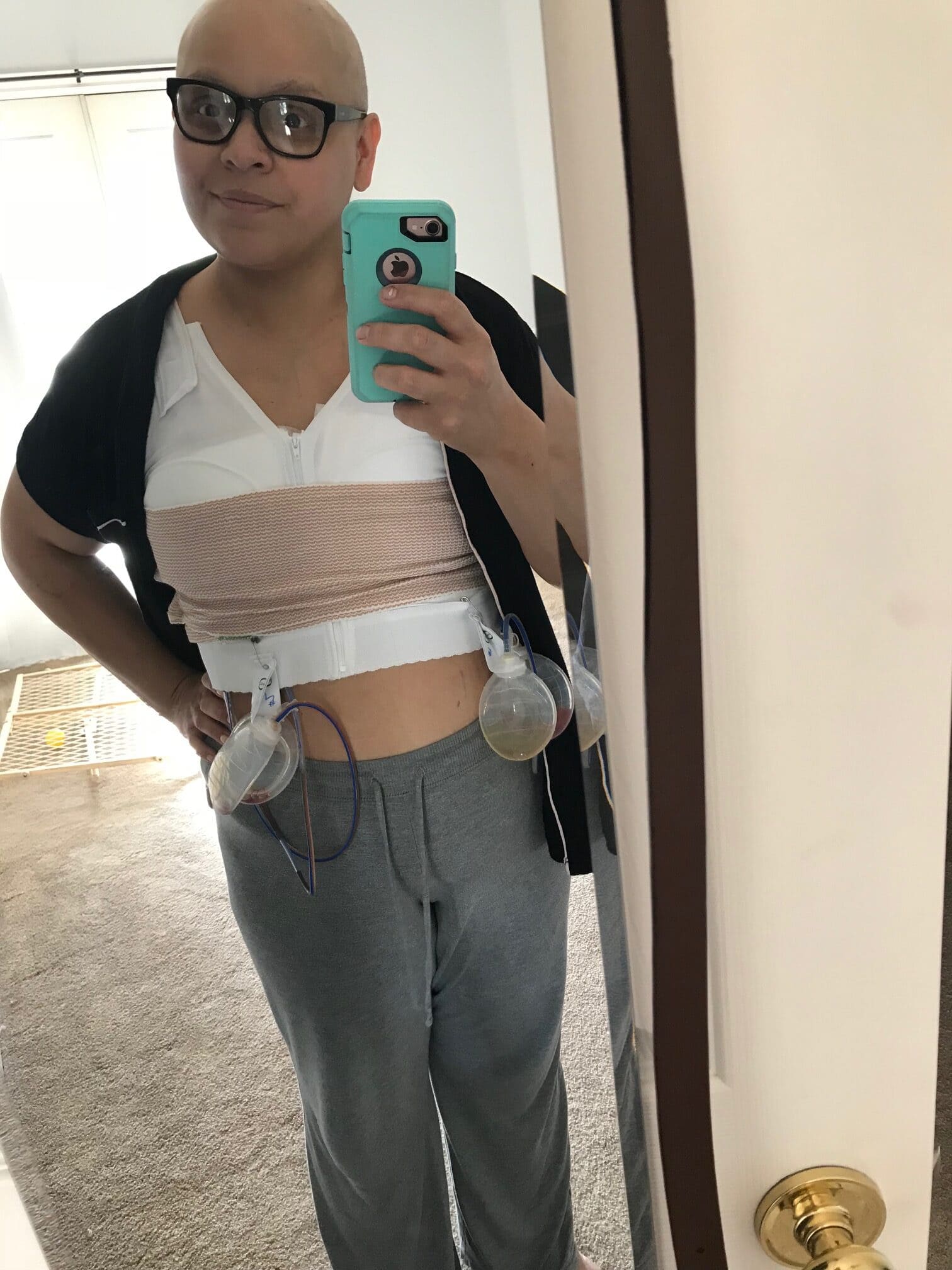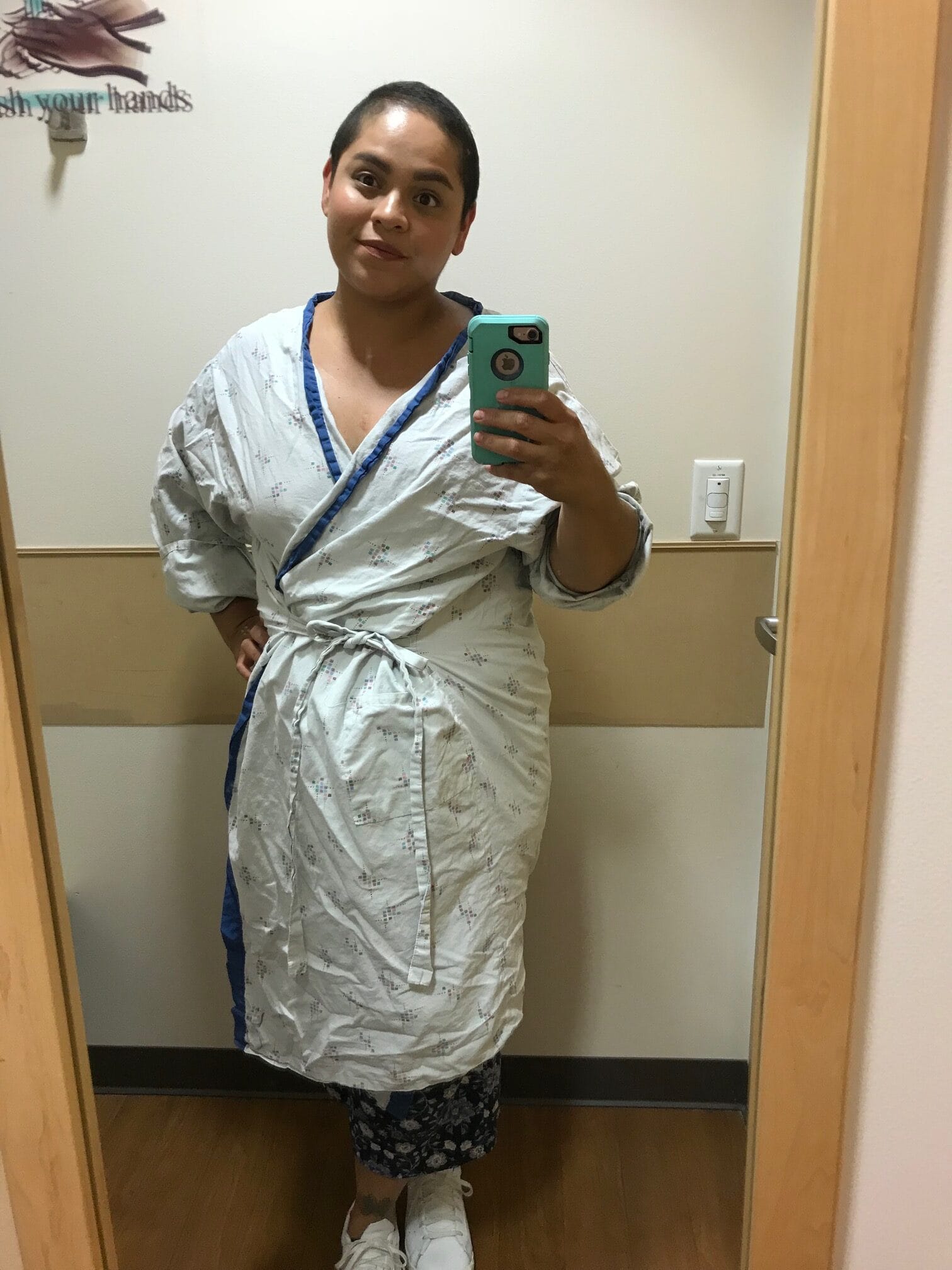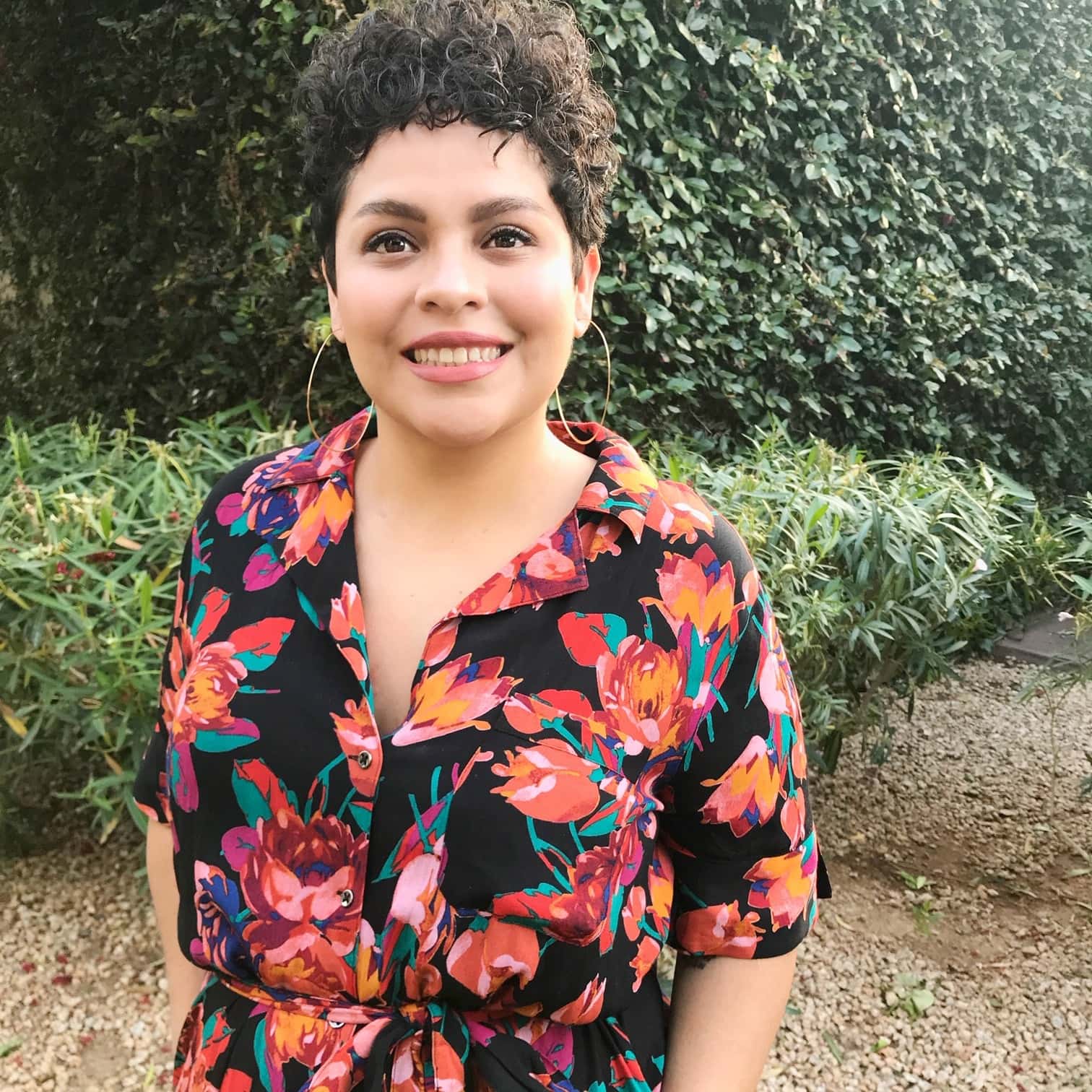

I trust my oncology team, I feel like they’ve always heard me, they gave me many options, and they’ve based my care on how well they knew me. That is why a second opinion seemed like nonsense after my metastatic diagnosis. I felt like I would be cheating on them. At the insistence of my oncologist’s NP, she gave the name of the Chief of the Division of Oncology who specializes in breast cancer at the teaching and research hospital in my state. She was fantastic, tender, and gave me the reassurance I needed. We spent over 2 hours going over my chart and family history. She told me that my team was doing exactly what she would be doing, but she took interest in my genetic testing results. Being diagnosed at 33 is not common, so my doctors recommended that I do genetic screening to determine if this cancer was hereditary. My results were inconclusive, there was a variance of uncertain significance (VUS) in the BRCA2 gene, but no finding suggested that breast cancer was a correlation of that.
Okay, time out! I just want you to know that I’m not a doctor or a genetic specialist. Even though I’m an educated Latinx (MPA and jefa status!), I don’t hold advance degrees in medical or genetic science. So, my explanation is based on my understanding and basic research on the interwebs. I just wanted to put that out there.
/
My second opinion oncologist asked me if she could have the data analyzed by the genetic research specialist at her hospital, and I agreed. She called me about a week later to tell me that the VUS of my BRCA2 gene had been known to have the same traits of BRCA2, which meant that I carried an inherited mutation that could cause cancer, including breast cancer. This was kind of surprising to hear because I had already been tested a year and a half before and no one else in my family has had breast cancer. I know that breast cancer doesn’t discriminate, but in general Latinx people are not considered a high-risk group for breast cancer and there wasn’t that much data to be found about BRCA2 rates in the Latinx community.
There are genetic disparities in the Latinx community because there is little genetic data and studies done for Latinx people. One of the biggest barriers is awareness and access in the Latinx community. (Journal of Genetic Counseling) This totally made sense to me. Both times I received genetic counseling they seemed extremely interested in getting my family to also get genetic testing, at no cost. Which felt weird, because I had some bumps with my own insurance to cover the testing (which they eventually did). These disparities for the Latinx community are not just in genetic counseling. While Latinx people are not considered high risk, breast cancer is the most common diagnosed cancer in Latinx women, it tends to be diagnosed at a later stage, it tends to affect women who are premenopausal (young women), and it has a high mortality rate after diagnosis. My loose interpretation of BRCA VUS is that there are not enough POC of color being tested, being researched, or being educated to determine if are variances are cancer causing or not.

Now, at the recommendation of both oncology teams they have asked me to reach out to my parents and siblings to be tested. They also think that when my littles turn 18, they should be tested. Breast Cancer is the worst, so is being metastatic. If there is a silver lining out there, it’s that, because of mine and my docs’ diligence, I can help my kids and nieces and nephews hopefully avoid the same fate. When someone is diagnosed with cancer, they begin to collect unique stories worth sharing. For me, the stories most worth sharing are those that will help my people and other people of color.

By: Natalia
